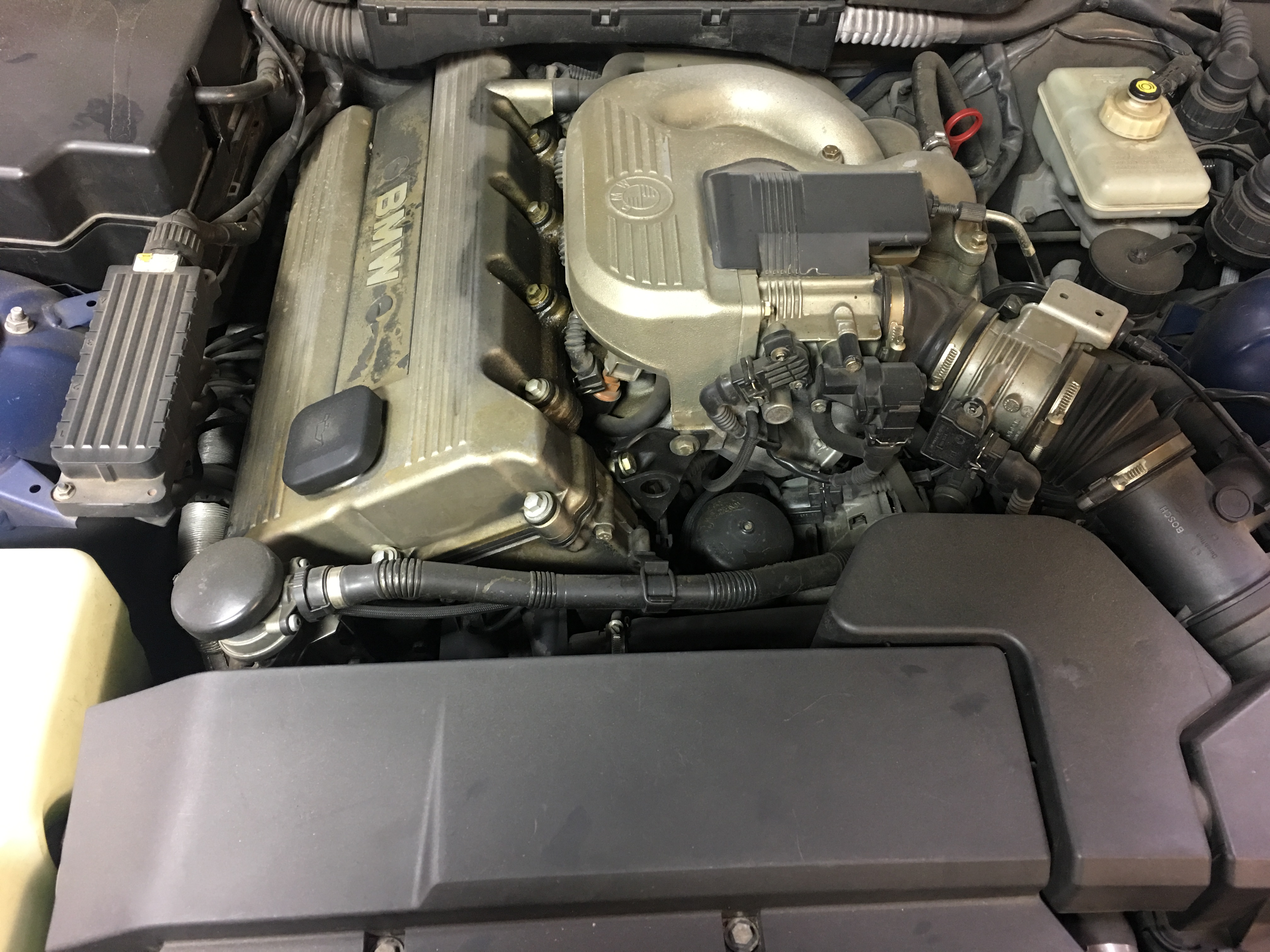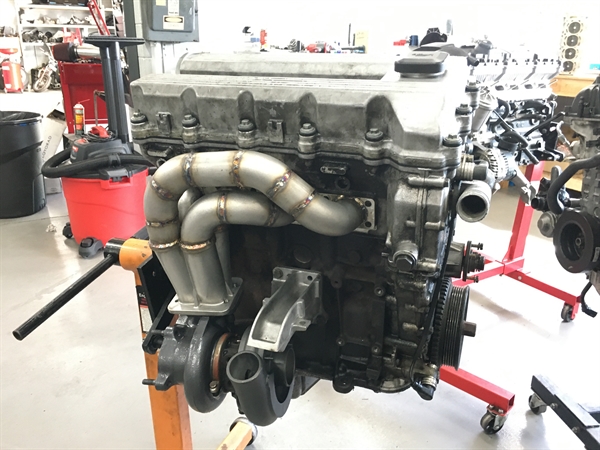Exactly how to Maintain Your BMW 318ti Running Smoothly for many years
Exactly how to Maintain Your BMW 318ti Running Smoothly for many years
Blog Article
Crucial Aspects to Examine Before Getting an Engine for Ideal Capability
From engine power and efficiency to fuel effectiveness and upkeep factors to consider, each element plays an essential role in figuring out the engine's suitability for a certain application. Compatibility with existing automobile systems and available guarantee and assistance alternatives can substantially affect the long-term performance and cost-effectiveness of the engine.
Engine Power and Performance
When taking into consideration engine power and efficiency, it is essential to assess the particular needs of the meant use to guarantee ideal performance and effectiveness. The power result of an engine straight influences its efficiency abilities, impacting aspects such as acceleration, towing ability, and general functional strength. Recognizing the needs of the application is essential in figuring out the ideal balance of power and performance characteristics.
Engine power is commonly determined in units such as horse power (hp) or kilowatts (kW), suggesting the quantity of work the engine can execute gradually. Greater power ratings normally lead to better acceleration and full throttle, making them suitable for applications needing fast responsiveness or sturdy jobs. It is vital to match the engine's power result to the details demands of the planned usage to stay clear of ineffectiveness or unnecessary stress on the equipment.
Moreover, engine performance encompasses a variety of elements past just power, including fuel performance, emissions regulate, and reliability - bmw 318ti. Examining these elements alongside power considerations is important for ensuring that the engine not just delivers the necessary strength but likewise runs sustainably and durably in its desired setting
Gas Effectiveness and Usage
Taking into consideration the important role of engine efficiency in establishing its suitability for different applications, the assessment of gas performance and consumption becomes extremely important in optimizing functional expenses and ecological effect. Gas effectiveness refers to the engine's capacity to transform fuel into usable power effectively. It directly influences operational costs, making it an important aspect to consider before purchasing an engine. Engines with higher gas effectiveness can decrease total expenses and decrease the ecological impact by decreasing emissions.
When evaluating fuel consumption, it is necessary to examine the engine's specific metrics, such as gallons of fuel taken in per hour or miles per gallon, relying on the application. Comprehending just how much fuel an engine consumes under various operating problems can aid anticipate long-term costs and plan for reliable fuel management approaches.
Moreover, developments in engine innovation, such as hybrid systems or gas shot renovations, can considerably enhance fuel efficiency and minimize intake. Prioritizing engines with exceptional fuel efficiency and reduced usage rates can bring about considerable financial savings and promote sustainability in different industries.
Compatibility With Vehicle Equipments
Making sure seamless assimilation and page optimal efficiency, the compatibility of an engine with vehicle systems is a crucial aspect to assess before purchasing choice. The engine serves as the heart of a car, and its ability to function harmoniously with the different systems within the vehicle is critical for overall functionality.
Compatibility includes a range of elements, including electrical systems, transmission systems, and exhaust systems. An engine that is not compatible with these vital components can result in concerns such as electrical breakdowns, ineffective power transfer, and boosted exhausts.
Moreover, compatibility with onboard computer systems is vital for modern vehicles. The engine has to have the ability to connect efficiently with the car's computer to guarantee appropriate efficiency surveillance and diagnostics.

Maintenance and Long Life Factors To Consider
Longevity considerations additionally entail examining the engine's style, modern technology, and compatibility with the lorry to guarantee optimal efficiency throughout its lifespan - bmw 318ti. Engines with advanced functions like effective air conditioning systems, resilient parts, and fuel-efficient layouts often tend to have better longevity and call this page for fewer repair work. By prioritizing upkeep and choosing an engine understood for its long life, buyers can make a well-informed choice that boosts their vehicle's performance and overall driving experience
Service Warranty and Assistance Options
Provided the important duty of upkeep and durability factors to consider in selecting an engine, a prudent customer has to now concentrate on reviewing the available service warranty and assistance choices. The service warranty supplied with an engine can differ dramatically between designs and producers.
Assistance solutions can range from technical aid hotlines to on-site upkeep and fixing solutions. A strong assistance system can substantially minimize downtime in instance of engine failing or concerns, ultimately conserving time and money.

Conclusion
To conclude, when buying an engine, it is vital to assess its power, fuel efficiency, compatibility with car systems, maintenance needs, long life, and service warranty alternatives. These important elements play a substantial function in determining the ideal capability of the engine. By meticulously taking into consideration these factors, purchasers can ensure that they are spending in an engine that satisfies their demands and supplies trustworthy efficiency over time.
From engine power and performance to sustain efficiency and maintenance factors to consider, each element plays a crucial duty in identifying the engine's viability for a certain application.Engine power is generally measured in devices such as horse power (hp) or kilowatts (kW), suggesting the quantity of work the engine can perform over time.Considering the vital duty of engine performance in identifying its suitability for different applications, the assessment of fuel effectiveness and intake becomes extremely important in optimizing operational costs and environmental influence. Fuel efficiency refers to the engine's capacity to convert fuel into useful power efficiently. Additionally, thinking about the top quality of materials and building of the engine is important as it can directly affect durability and how well the engine stands up to wear and tear over time.
Report this page